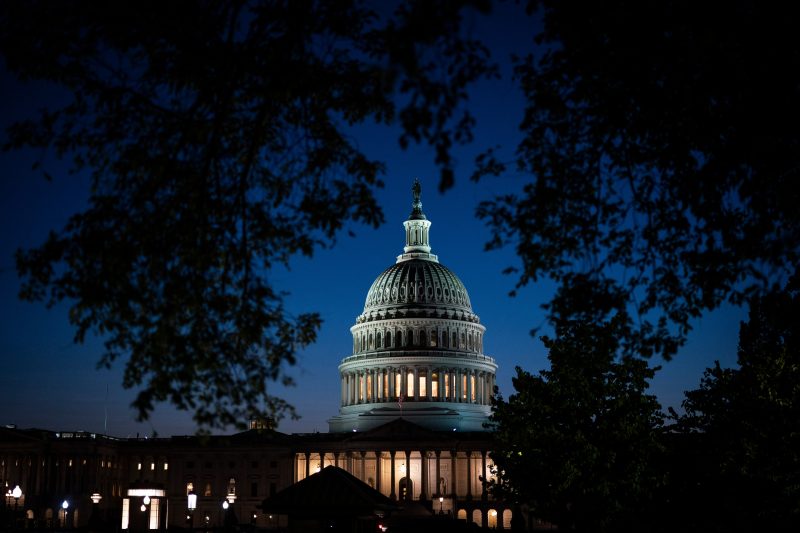The advancement of artificial intelligence has undoubtedly transformed various aspects of our lives, from simplifying daily tasks to enhancing healthcare services. However, as with any powerful technology, there are potential risks and ethical concerns that accompany its use. One such issue that has recently caught the attention of policymakers is the rise of AI deepfakes in election campaigns.
Deepfakes refer to manipulated videos and images created using AI technology, often with the intention of deceiving viewers by making it appear as though certain individuals are saying or doing things that never actually occurred. In the context of election campaigns, the proliferation of AI deepfakes poses a significant threat to the integrity of the electoral process and the ability of voters to make informed decisions.
In response to this growing concern, the Senate has taken decisive action to address the threat of AI deepfakes in election campaigns. Through bipartisan efforts, lawmakers have proposed legislation that aims to regulate the creation and dissemination of deepfakes during political campaigns. This legislation seeks to hold individuals and platforms accountable for the spread of misleading content and to establish penalties for those found guilty of producing or sharing AI-generated misinformation.
The Senate’s pursuit of action against AI deepfakes in election campaigns marks a crucial step towards safeguarding the democratic process and ensuring fair and transparent elections. By implementing measures to combat the spread of deceptive content, lawmakers are working to preserve the trust of the electorate and protect the fundamental principles of democracy.
Moreover, the Senate’s initiative serves as a vital reminder of the need for increased awareness and vigilance in the face of rapidly evolving technologies. As AI continues to advance, it is essential for policymakers, technology experts, and the general public to remain vigilant and proactive in addressing the risks associated with its misuse.
In conclusion, the Senate’s efforts to tackle the issue of AI deepfakes in election campaigns reflect a commitment to upholding the integrity of democratic institutions and protecting the rights of voters. By taking a stand against deceptive practices that threaten the credibility of political discourse, lawmakers are sending a clear message that fraudulent manipulation of information will not be tolerated in the context of elections. It is through such initiatives that we can work towards a future where technology is harnessed responsibly and ethically to support, rather than undermine, the democratic process.

